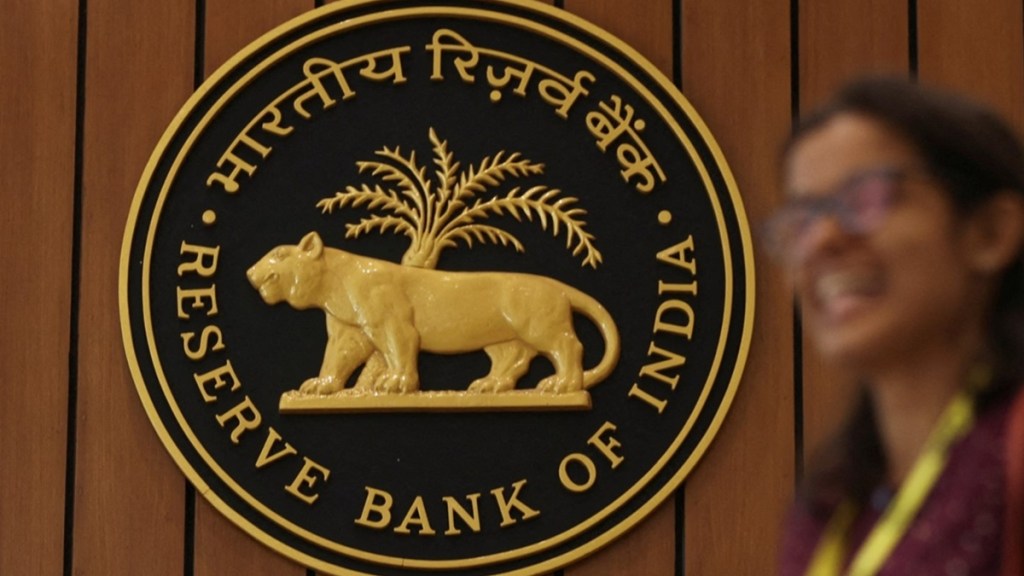RBI clarifies regulatory distinctions between NBFCs and banks, emphasizing the need for strong compliance and risk management.
Source and citation: ET Bureau
TLDR For This Article:
RBI stresses the unique regulatory needs of NBFCs compared to banks, underlining the importance of compliance, risk management, and customer protection for these institutions.

Analysis of this news for a layman:
Non-banking financial companies (NBFCs) play a crucial role in India’s financial ecosystem by providing credit to various sectors. However, the Reserve Bank of India (RBI) has made it clear that NBFCs cannot be regulated in the same manner as traditional banks due to their operational differences. This distinction is important as it dictates how these institutions manage risk, comply with regulations, and protect their customers.
Impact on Retail Investors:
- Awareness of Regulatory Environment: Investors need to understand the different regulatory frameworks governing NBFCs and banks, which can influence their investment decisions.
- Risk Assessment: Knowing that NBFCs have different risk profiles and compliance standards can help investors better assess the risks associated with investing in these entities.
- Opportunities in Financial Sector Diversification: Investors might find opportunities in companies that are adept at navigating these regulatory waters and thus potentially more resilient.
Impact on Industries:
- Financial Sector: Especially NBFCs which will need to possibly increase their compliance and risk management infrastructure.
- Technology and Cybersecurity: As NBFCs are urged to manage their liquidity risks and diversify funding sources, there’s likely to be an increased investment in technology and cybersecurity.
- Legal and Consulting Services: These services will see higher demand as NBFCs seek to align with regulatory expectations and manage customer protection more effectively.
Long Term Benefits & Negatives:
Benefits:
- Enhanced Stability in the Financial System: Improved compliance and risk management among NBFCs can lead to a more stable financial sector.
- Increased Consumer Trust: With better customer protection measures in place, consumer trust in NBFCs can improve, which may lead to higher customer retention and satisfaction.
Negatives:
- Higher Operational Costs: Implementing enhanced compliance and risk management processes can lead to increased operational costs for NBFCs.
- Potential for Reduced Competitiveness: Stricter regulations could limit the flexibility of NBFCs compared to less regulated entities, potentially affecting their competitive edge.
Short Term Benefits & Negatives:
Benefits:
- Immediate Focus on Compliance and Risk Management: This can help prevent large-scale financial mishaps that may arise from inadequate oversight.
- Quick Adaptation to Market Changes: NBFCs that adjust quickly to the new directives may gain a market advantage in terms of trust and reliability.
Negatives:
- Initial Disruption and Costs: The immediate implementation of enhanced regulatory measures can disrupt current operations and lead to significant initial costs.
- Market Adjustment: There may be short-term market adjustments as NBFCs reshape their business models to comply with new regulations, which could affect their stock prices temporarily.
Companies Affected by RBI’s stance on NBFCs
The RBI’s emphasis on stricter regulations for NBFCs could have both positive and negative impacts on different companies.
Indian Companies Potentially Losing
- NBFCs ( Bajaj Finance, Mahindra & Mahindra Financial Services, HDFC Ltd., etc.): The stricter regulatory environment and focus on compliance could increase NBFCs’ operational costs. Additionally, if stricter capital adequacy norms or liquidity requirements are implemented, it could limit their lending capacity and profitability. This could negatively impact their stock prices.
Indian Companies Potentially Gaining
- Banks (State Bank of India, ICICI Bank, HDFC Bank, etc.): A more level playing field with stricter regulations for NBFCs could benefit banks. NBFCs might become less competitive if they have to comply with stricter norms. This could lead more customers towards banks, potentially improving their loan growth and profitability. The news of a more level playing field might positively impact these banks’ stock prices.
Market Sentiment
The overall market sentiment would depend on the specific NBFC and the bank’s relative strengths and weaknesses. NBFCs with a good track record in compliance and risk management might see a smaller negative impact. Conversely, NBFCs with high exposure to risky borrowers or weak liquidity positions could face a significant negative market reaction. Banks with strong retail or SME lending presence could benefit more from this news.